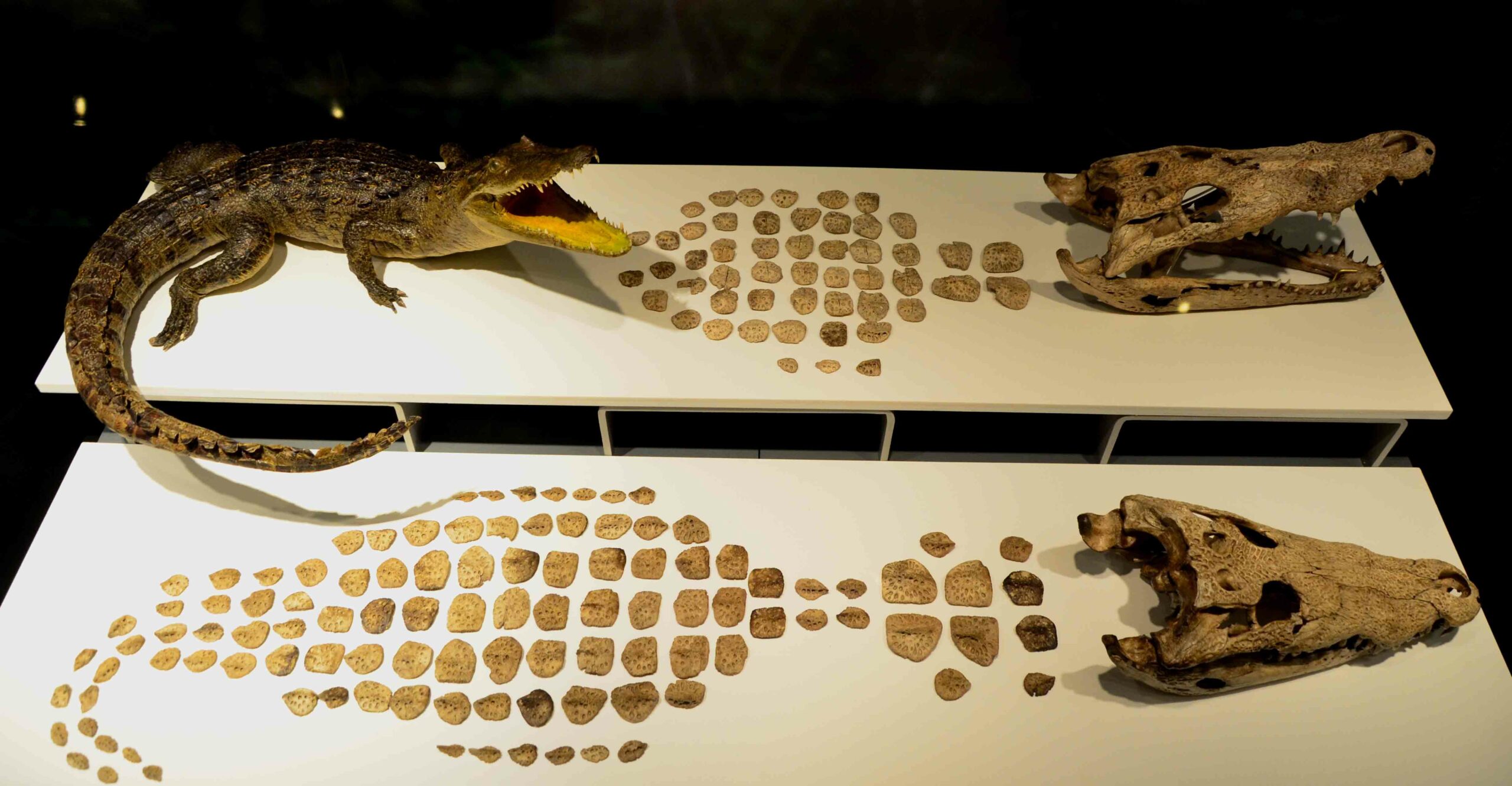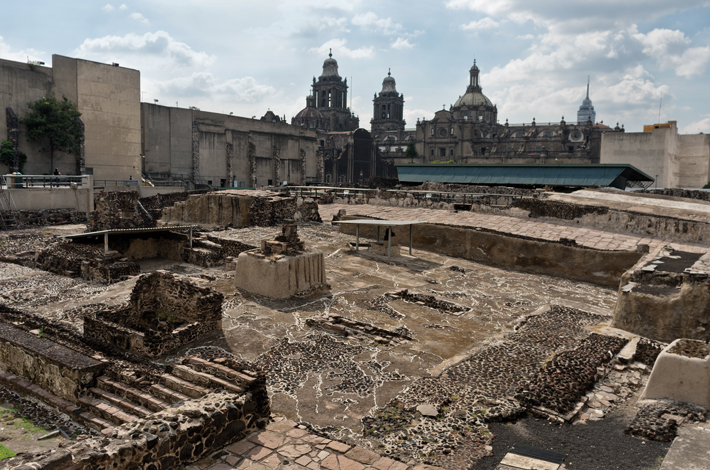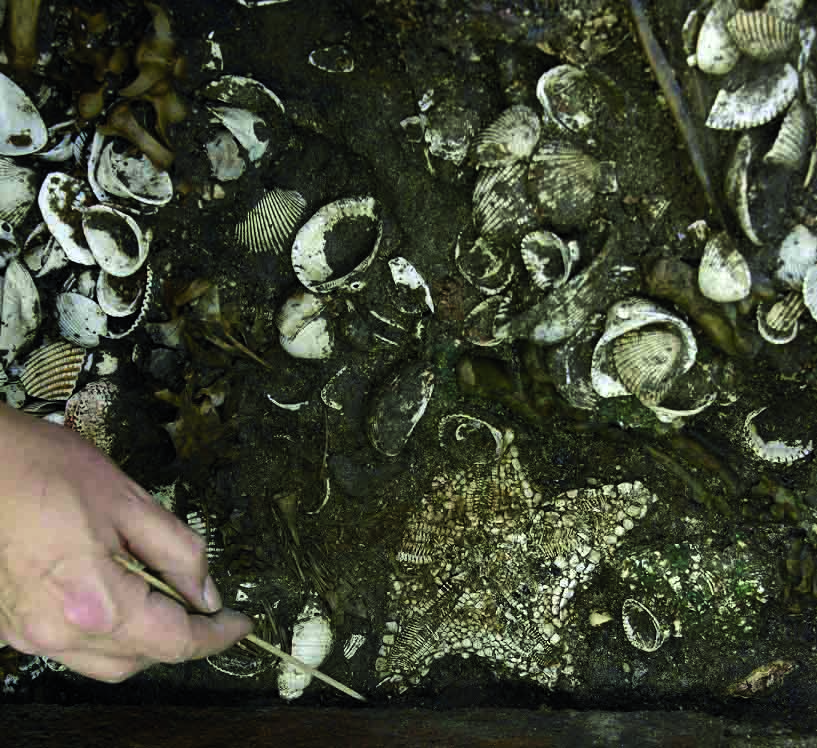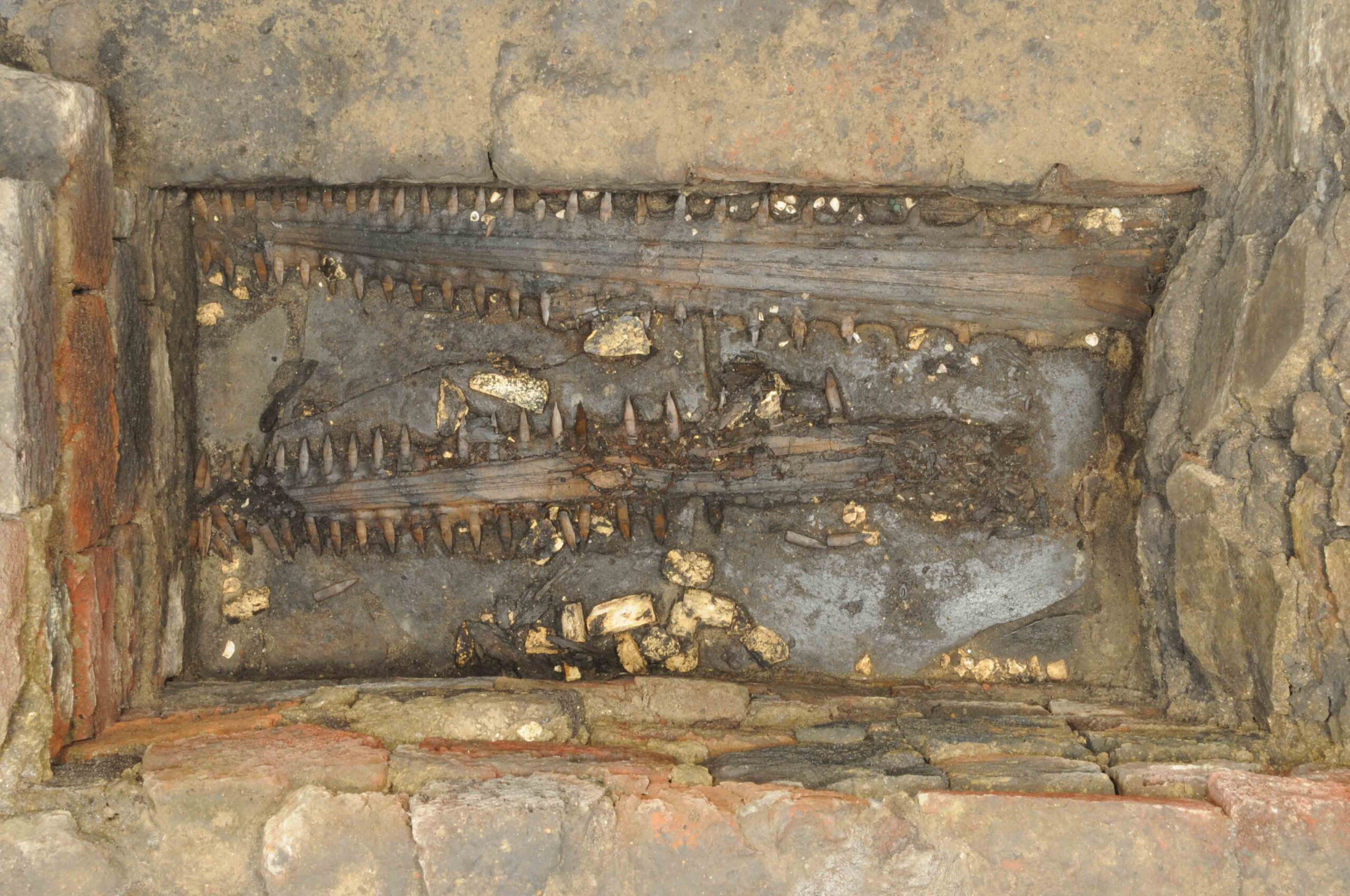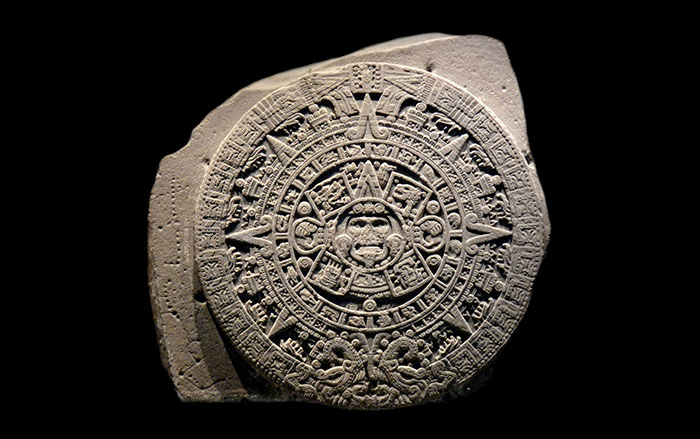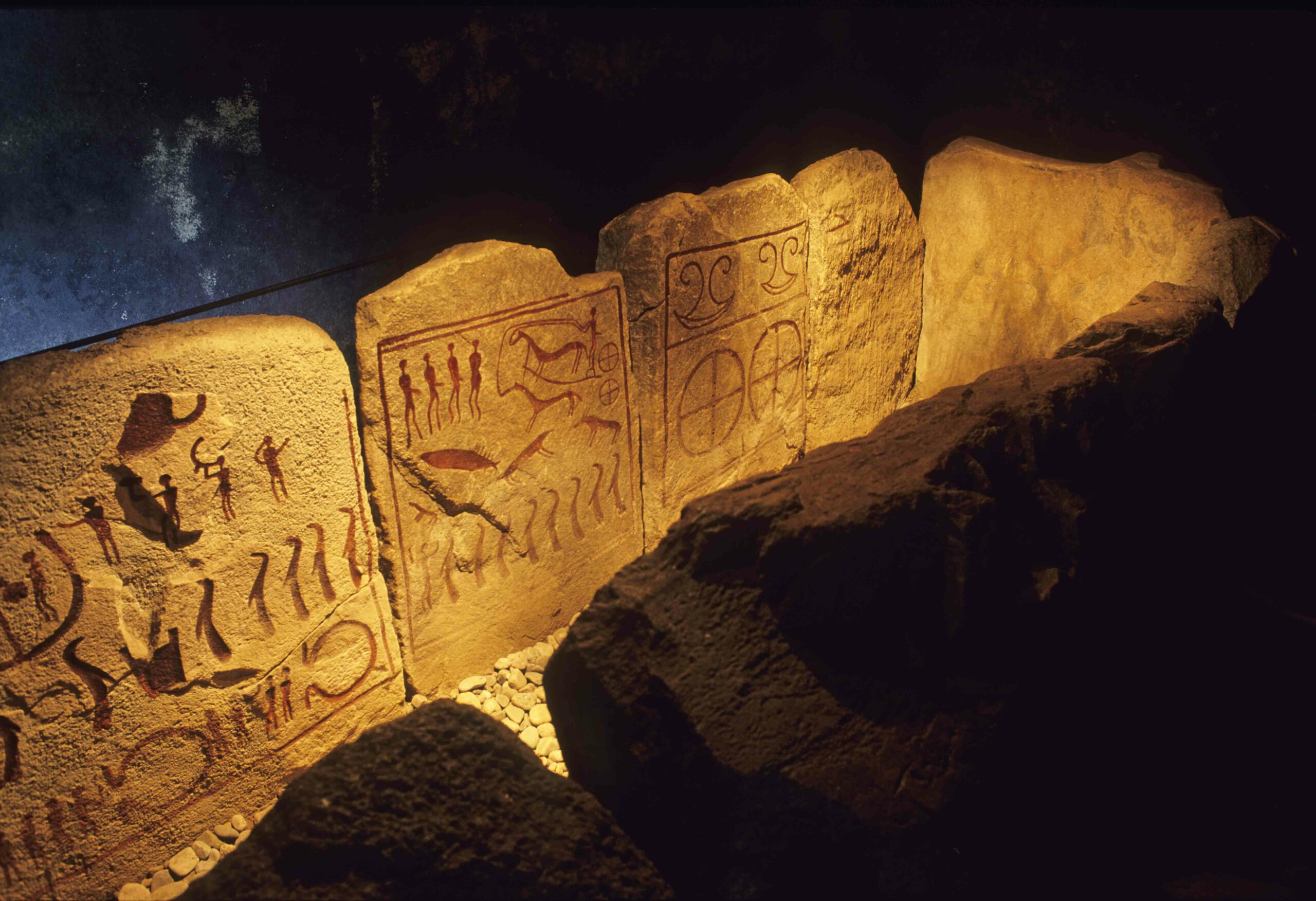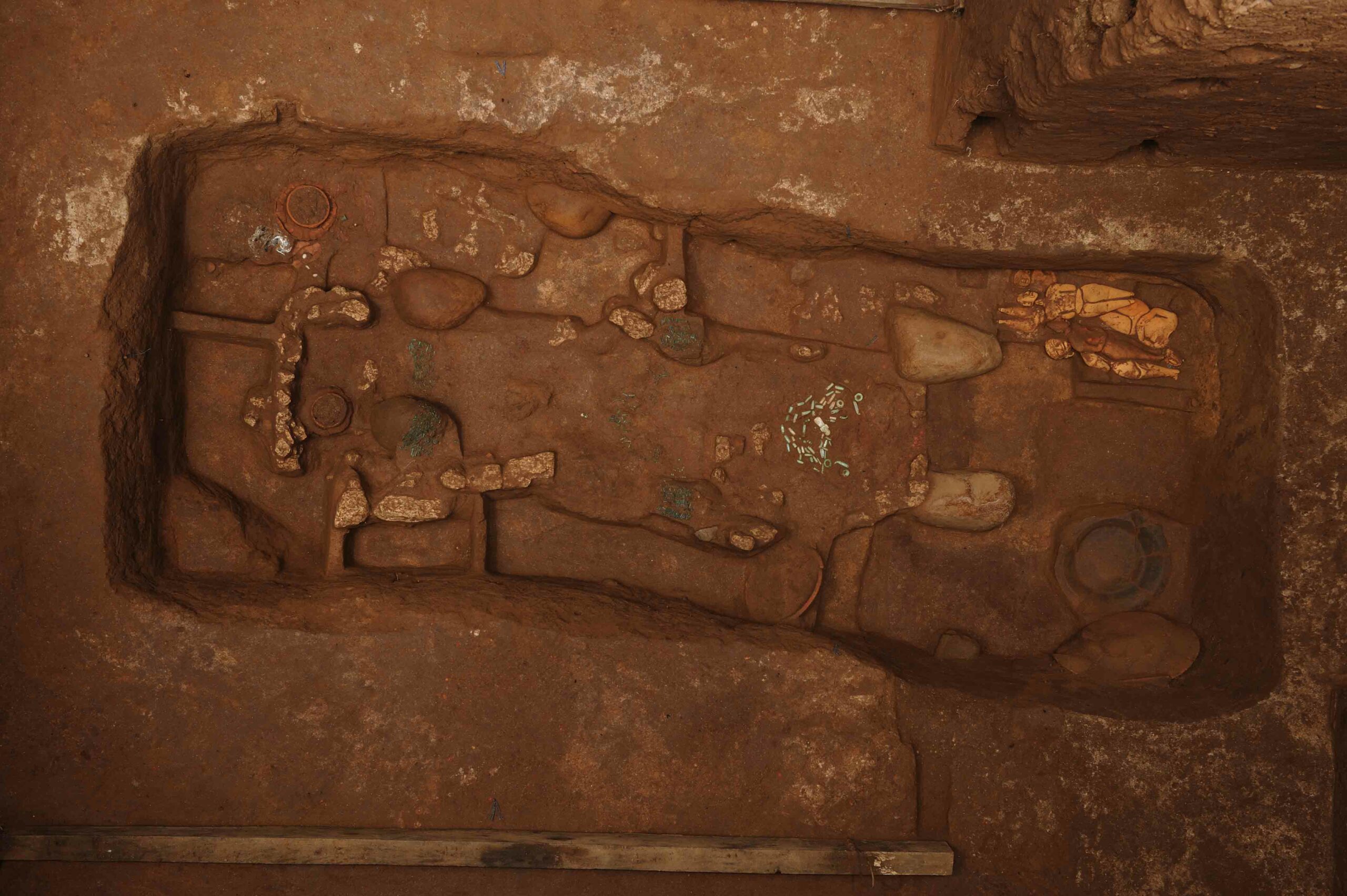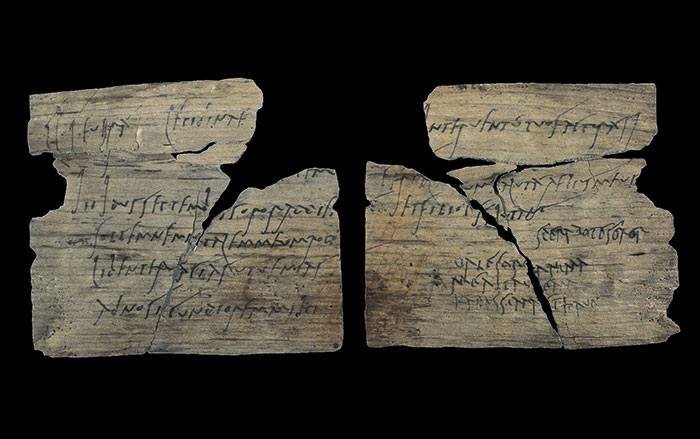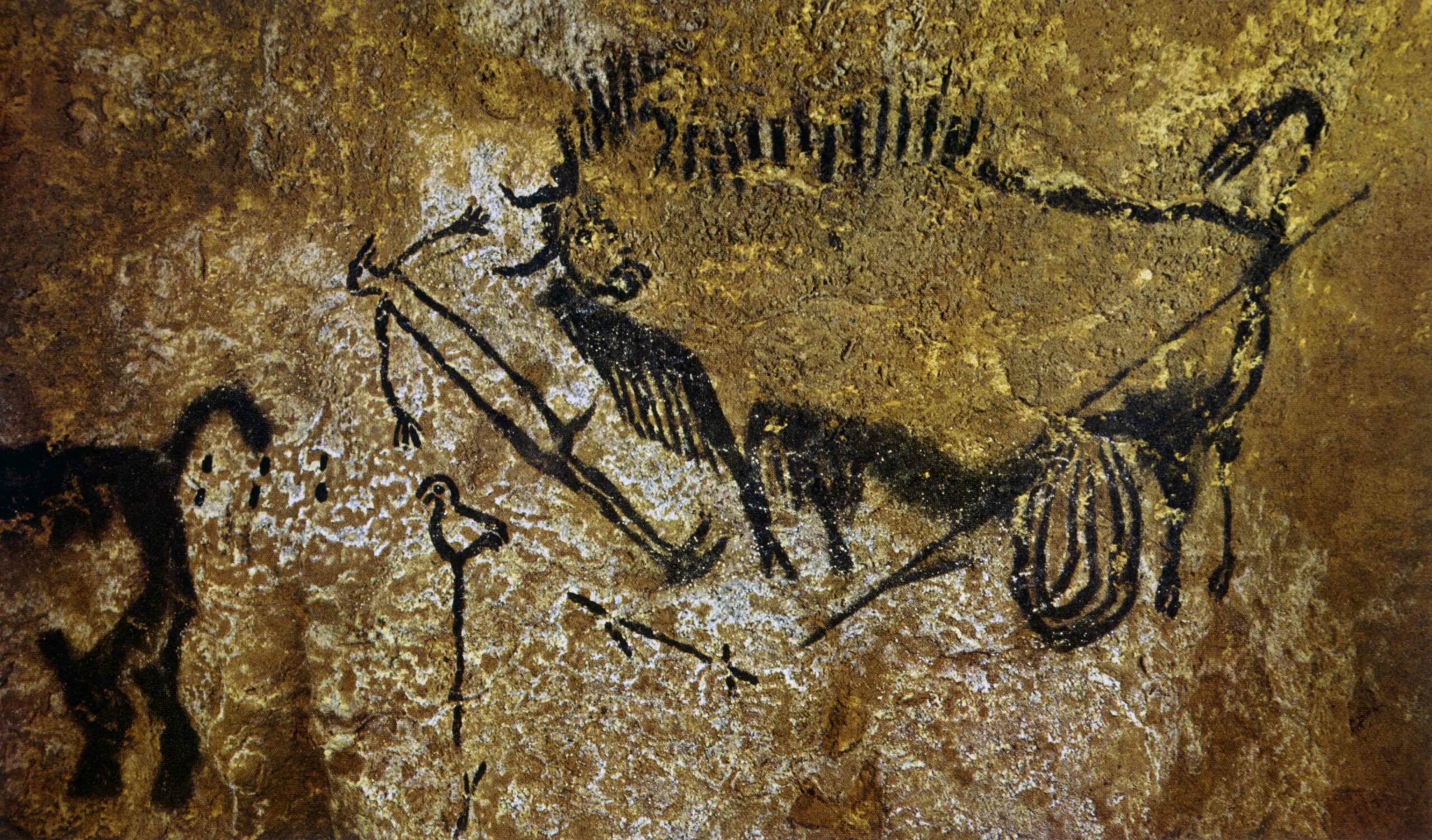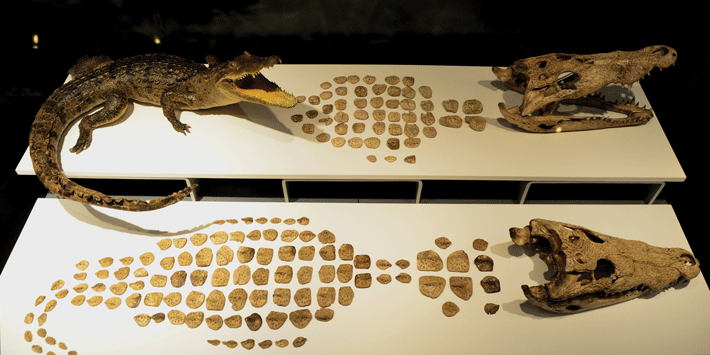
Archaeologists investigating the Aztec capital of Tenochtitlán in Mexico have discovered that more than 400 animal species were systematically deposited there as offerings to the gods. According to Mexico’s National Institute of Anthropology and History, the animals were found in 60 ritual burials, dating from 1440 to 1520, located within the Sacred Precinct, outside the Templo Mayor. The assortment of species—ranging from big cats and eagles to crocodiles and shellfish—were dedicated to the Aztec gods Tlaloc and Huitzilopochtli, whose twin shrines stood atop the temple. While mollusks and fish comprise the majority of the specimens, the collection is highlighted by 13 pumas, two jaguars, and six wolves. There is evidence the Aztecs practiced a form of taxidermy to ensure the more important animal offerings maintained their shape and beauty. The finds demonstrate that the Aztecs of Tenochtitlán participated in broad exchange systems, as many of the specimens were not local, but were acquired through trade or tribute. These included fauna from tropical rain forests, including jaguars, quetzals, crocodiles, and snakes, and many species of fish and mollusks imported from reefs in the Atlantic Ocean, more than 100 miles away.


